There have been so many different stories, as varied as the reactions, regarding the firing of FBI Director James Comey.
The New York Times has grabbed a story that was whispered about, but never as bluntly put immediately after the shocking dismissal.
Mainly, it may not have been as shocking to those closest to the event, such as Comey, himself.
Comey may have suspected he was on thin ice days after Trump’s inauguration, when the new president called Comey for a private, one-on-one dinner at the White House.
According to sources who spoke with Comey, at that dinner, Trump asked for a pledge of loyalty from the FBI director, but he didn’t get it.
As they ate, the president and Mr. Comey made small talk about the election and the crowd sizes at Mr. Trump’s rallies. The president then turned the conversation to whether Mr. Comey would pledge his loyalty to him.
Mr. Comey declined to make that pledge. Instead, Mr. Comey has recounted to others, he told Mr. Trump that he would always be honest with him, but that he was not “reliable” in the conventional political sense.
President Trump was interviewed by NBC on Thursday and gave a different account of the meeting, but in cases like this, you expect there to be a divide between the versions of the tale given by each side.
Trump has said the dinner meeting was so Comey could beg to keep his job.
By Mr. Comey’s account, his answer to Mr. Trump’s initial question apparently did not satisfy the president, the associates said. Later in the dinner, Mr. Trump again said to Mr. Comey that he needed his loyalty.
Mr. Comey again replied that he would give him “honesty” and did not pledge his loyalty, according to the account of the conversation.
But Mr. Trump pressed him on whether it would be “honest loyalty.”
“You will have that,” Mr. Comey told his associates he responded.
The role of FBI director isn’t the same as cabinet members. It is supposed to be a nonpartisan law enforcement role, so expecting “loyalty” isn’t really how it’s done.
Mr. Comey described details of his refusal to pledge his loyalty to Mr. Trump to several people close to him on the condition that they not discuss it publicly while he was F.B.I. director. But now that Mr. Comey has been fired, they felt free to discuss it on the condition of anonymity.
And that’s one risk Trump took with the firing. Comey is, presumably, no longer shackled by the job and can tell a lot of what went on behind the scenes.
When Trump sent out Sarah Huckabee Sanders, deputy press secretary, to speak to the press about the firing, she described the meeting by saying Trump was seeking Comey’s loyalty to the justice system.
Yeah, that sounds legit.
It was apparently Comey who had to let Trump know about the dossier collected on him by an ex-British intelligence officer, which revealed that Russia may have compromising information on him.
It was after that that the dinner invitation came, as the Russia investigation was about to rev up. Because of that, Comey was uneasy about the appearance of impropriety that might be created by a private dinner with Trump. He went, however, because he didn’t feel he should immediately decline an invitation from the new president.
During the meal, according to the account of the two associates, Mr. Comey tried to explain to Mr. Trump how he saw his role as F.B.I. director. Mr. Comey told Mr. Trump that the country would be best served by an independent F.B.I. and Justice Department.
The letter Trump sent to Comey said he was following the recommendations of Attorney General Jeff Sessions and Rod Rosenstein, deputy attorney general. The presumed reason was because of Comey’s bizarre handling of the Hillary Clinton email server investigation.
Or maybe not. Trump, who can’t seem to get out of his own way, may have told the real reason in his NBC interview with Lester Holt.
Mr. Trump said in the NBC interview, “Regardless of recommendation, I was going to fire Comey.”
“In fact, when I decided to just do it, I said to myself, I said, you know, this Russia thing with Trump and Russia is a made-up story,” Mr. Trump said.
To be clear, Comey was leading an investigation into Russia’s interference in the 2016 election and possible collusion with Trump team members. Other reports have suggested Trump was miffed that Comey was spending more time on Russia than investigating leaks from the White House. Having Trump publicly contradict his own spokesmen, and in fact, his own words about the reason for the firing is not a safe or wise move.
No. Literally, the man admitted on national TV that he fired the lead investigator because of the Russian investigation.
I’d like to say this makes it harder for Trump’s loyalists to defend him against suspicion, but I’ve dealt with them too often to believe theirs is a devotion that can be shaken by anything as flimsy as facts and reason.


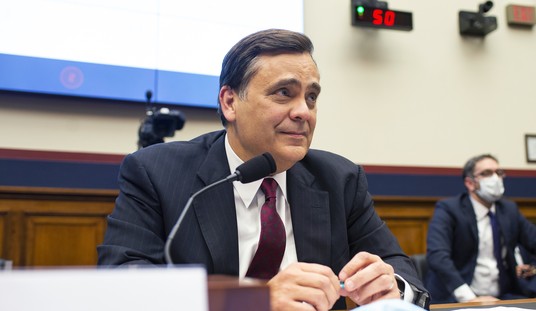



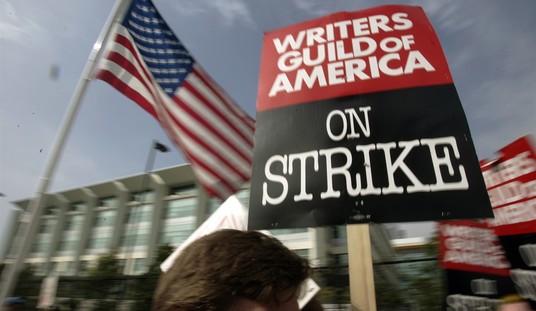

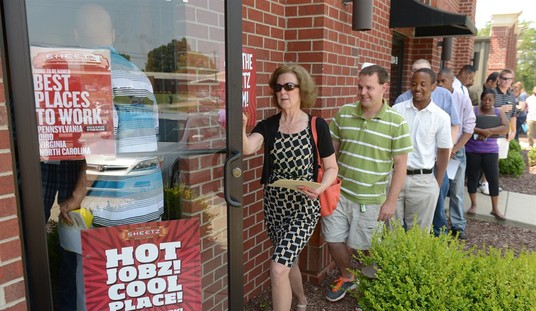
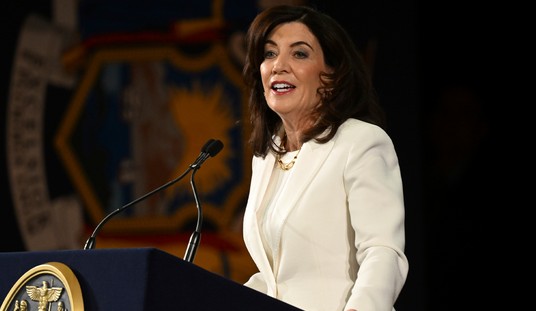


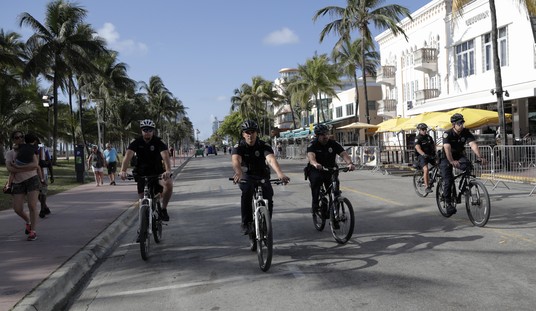
Join the conversation as a VIP Member